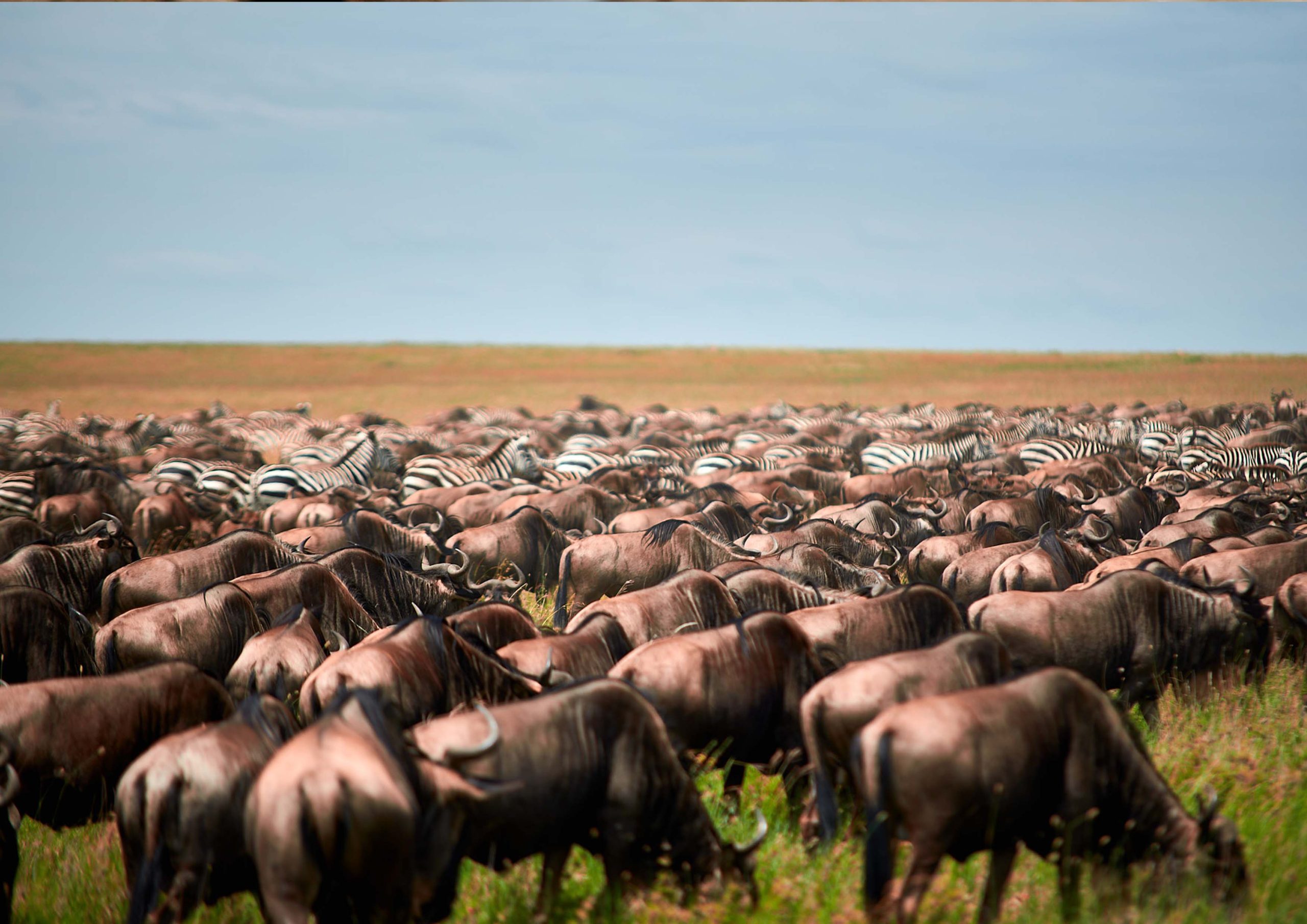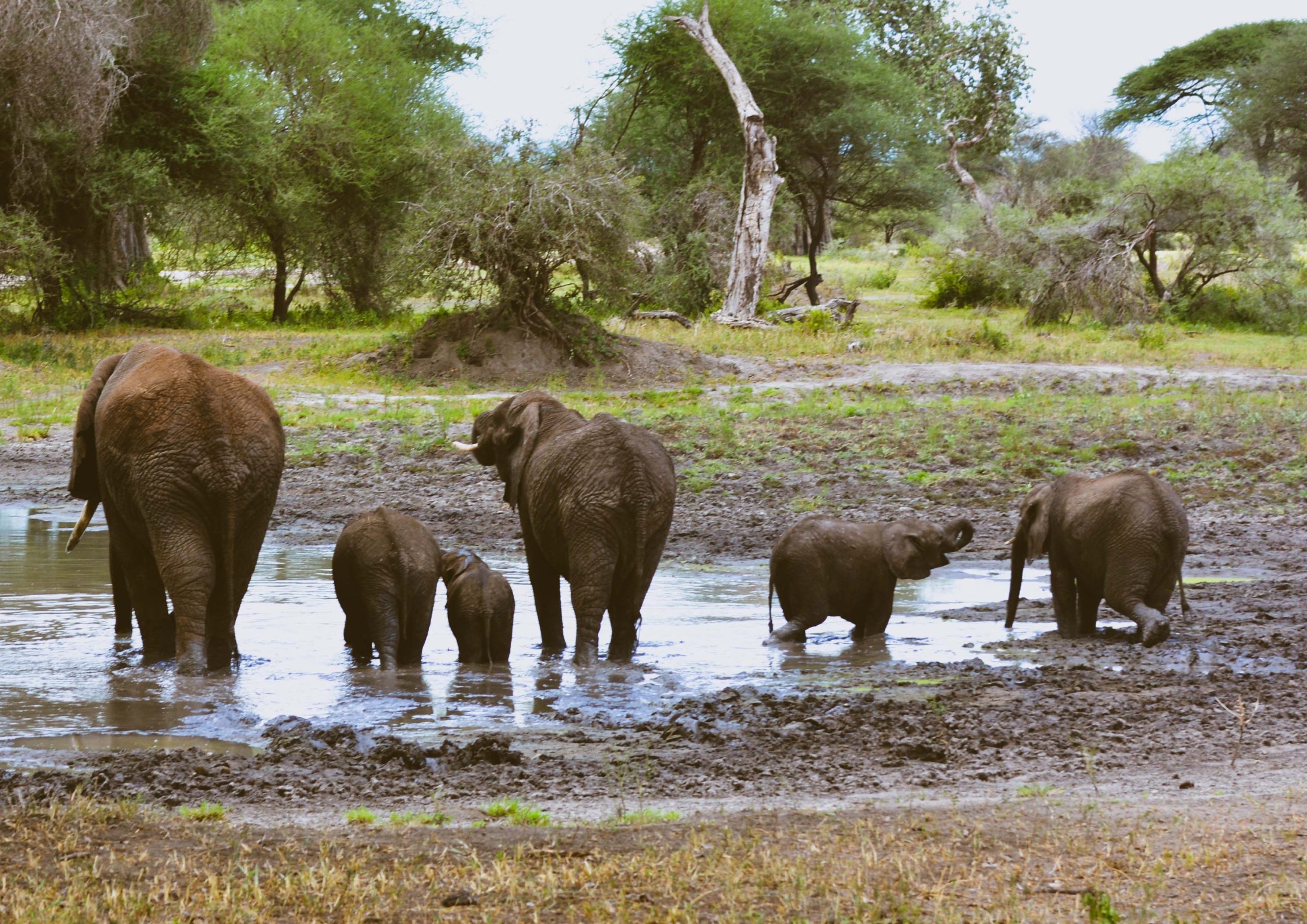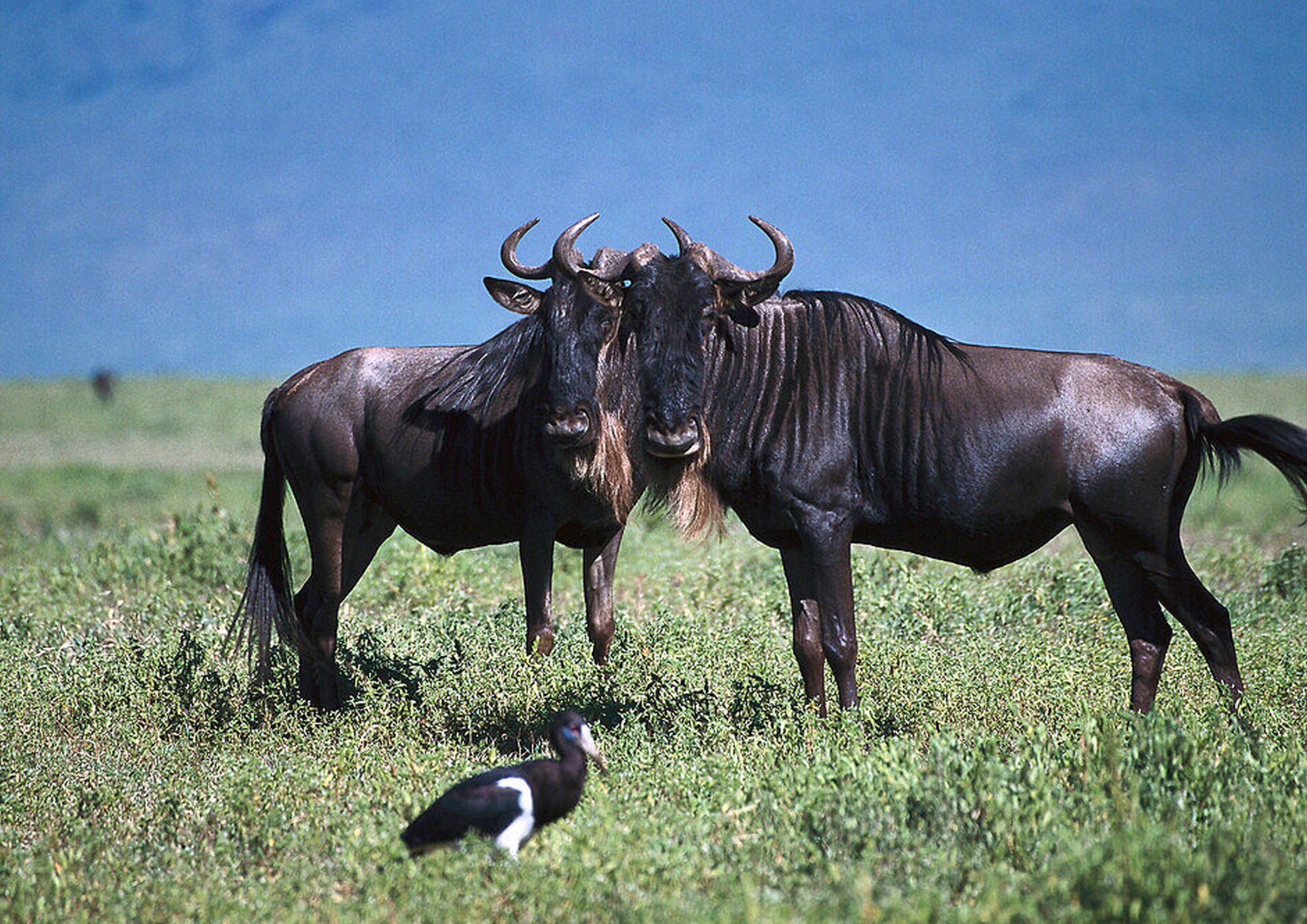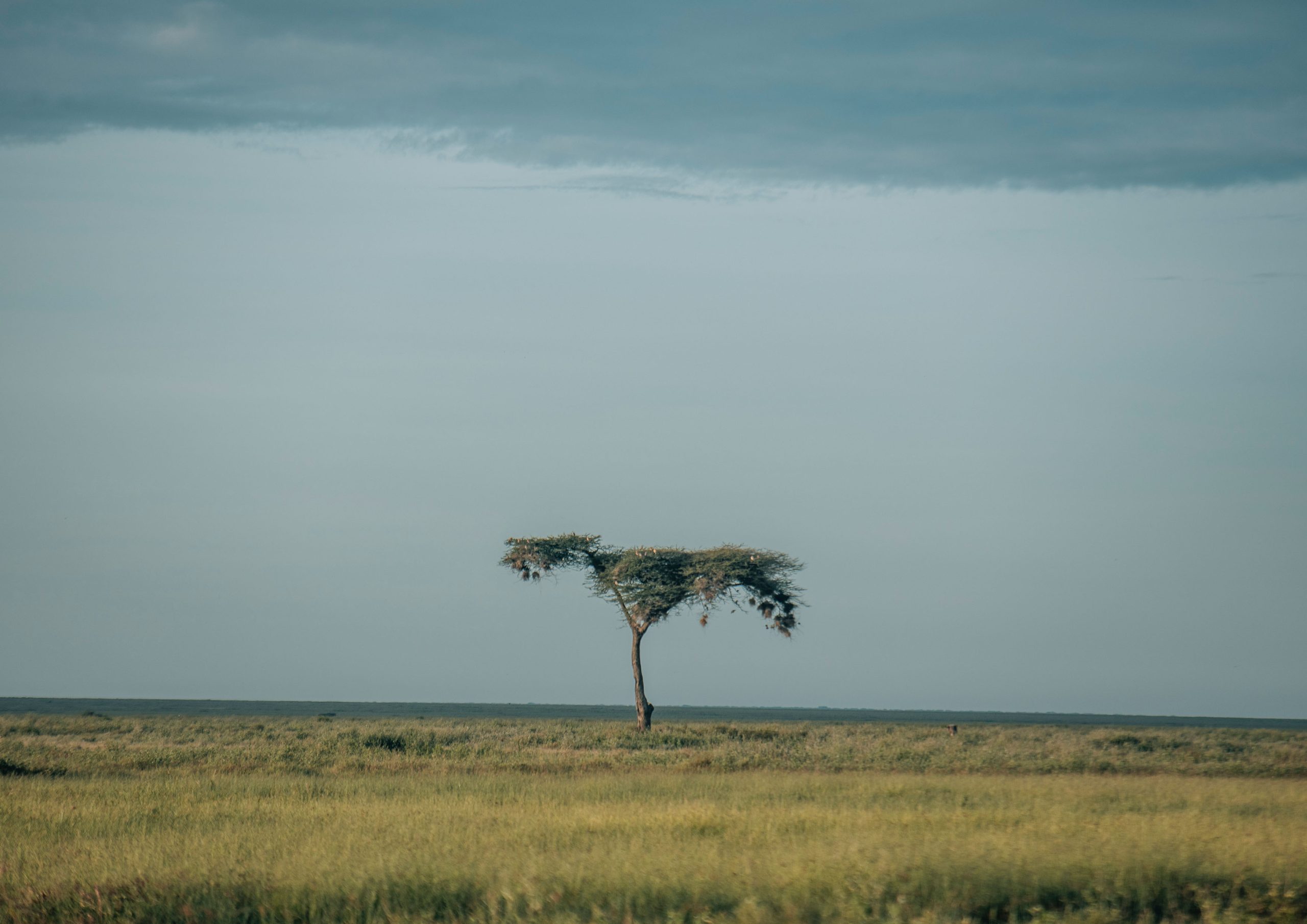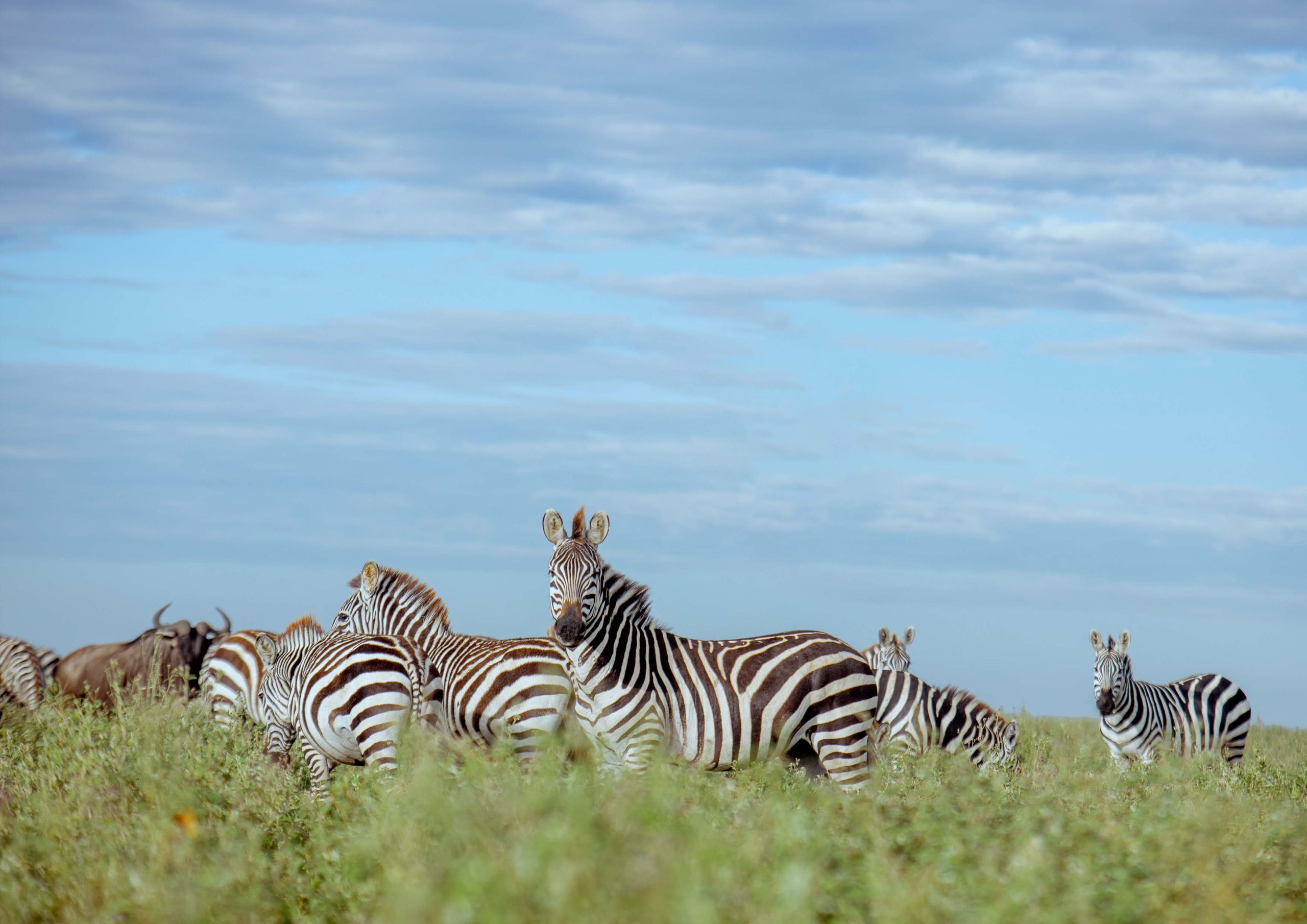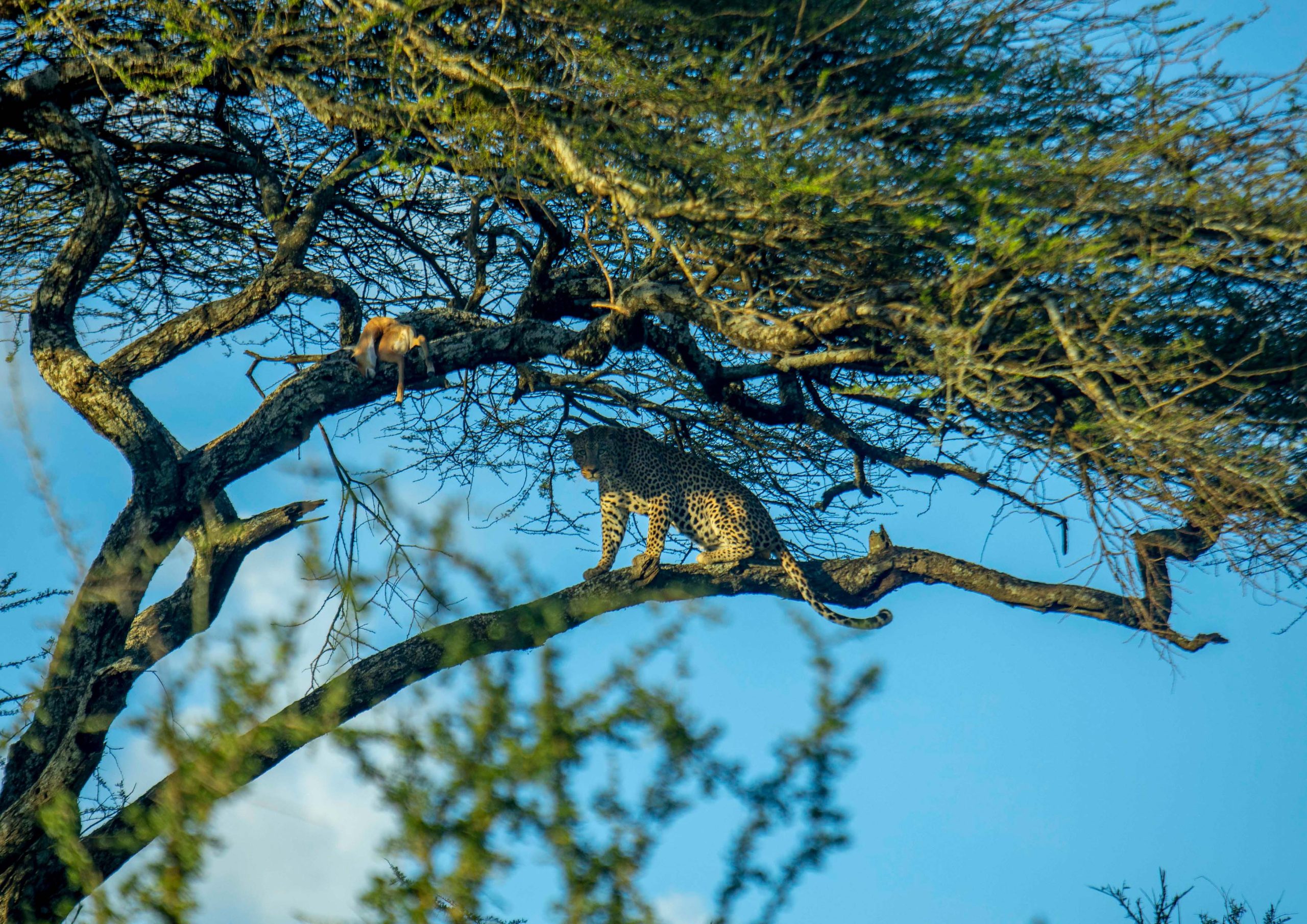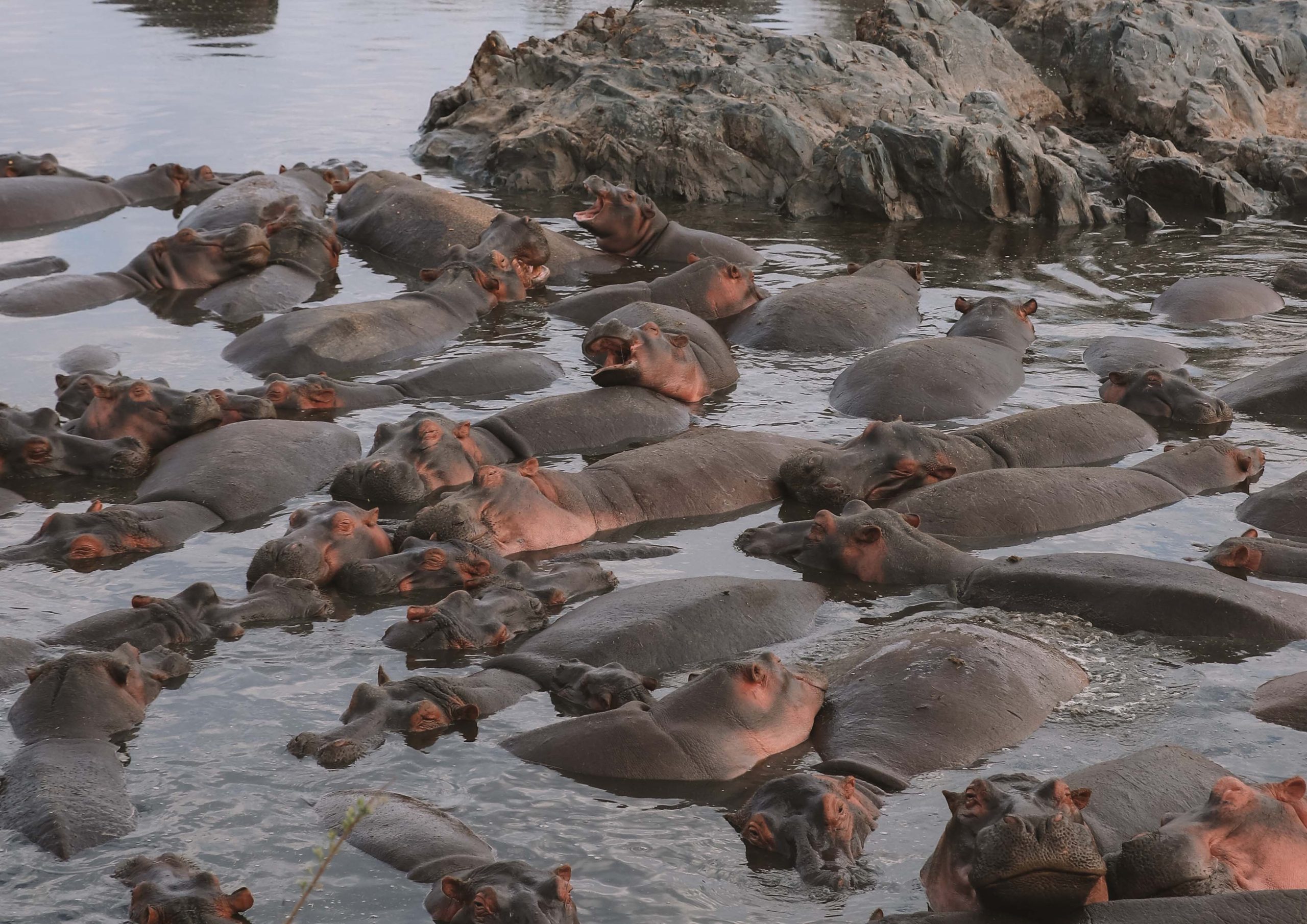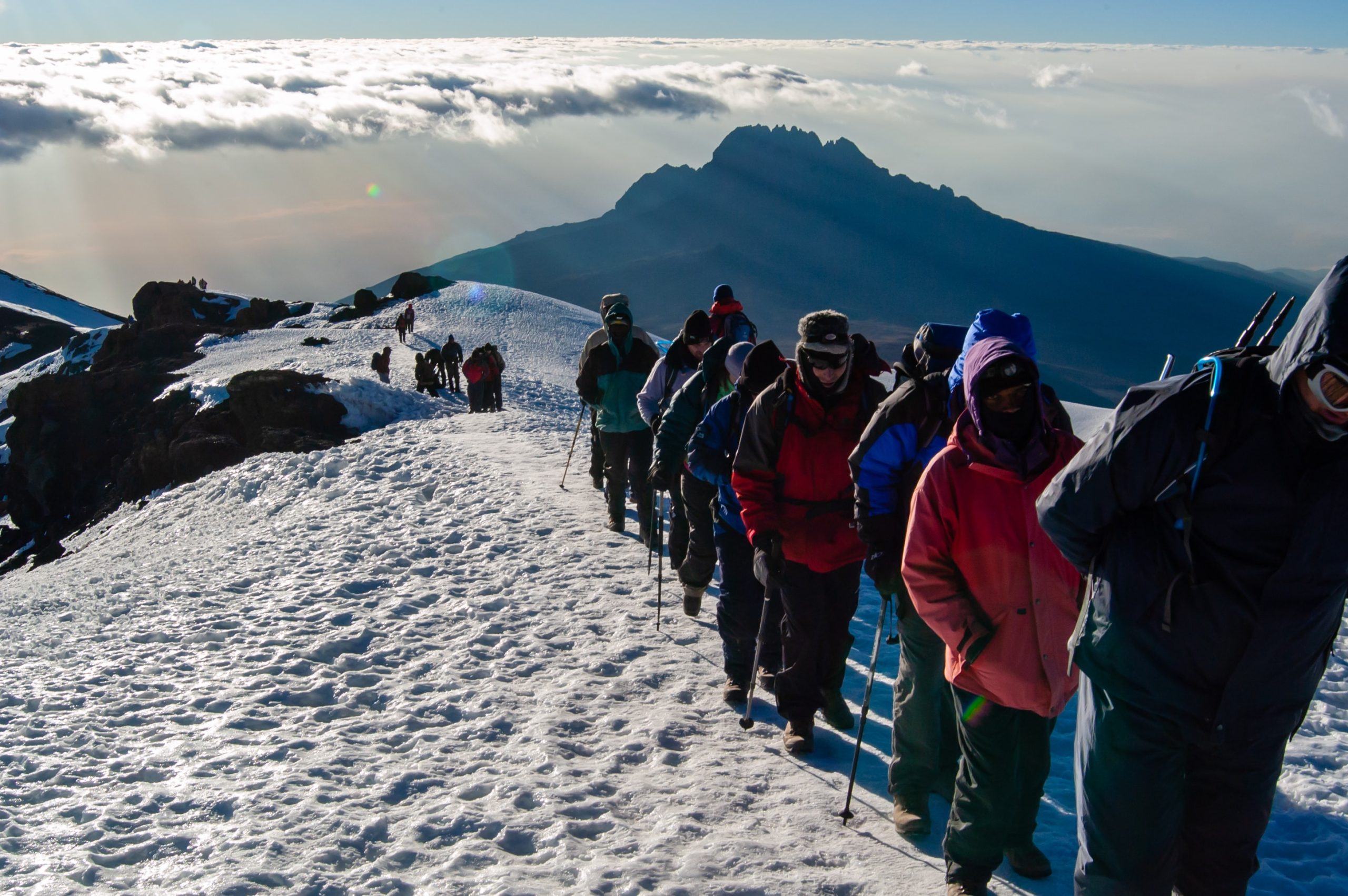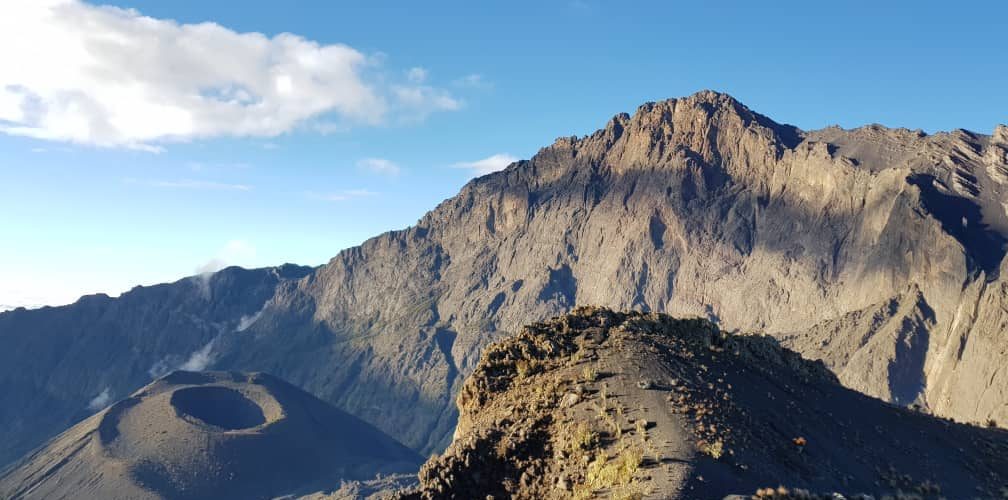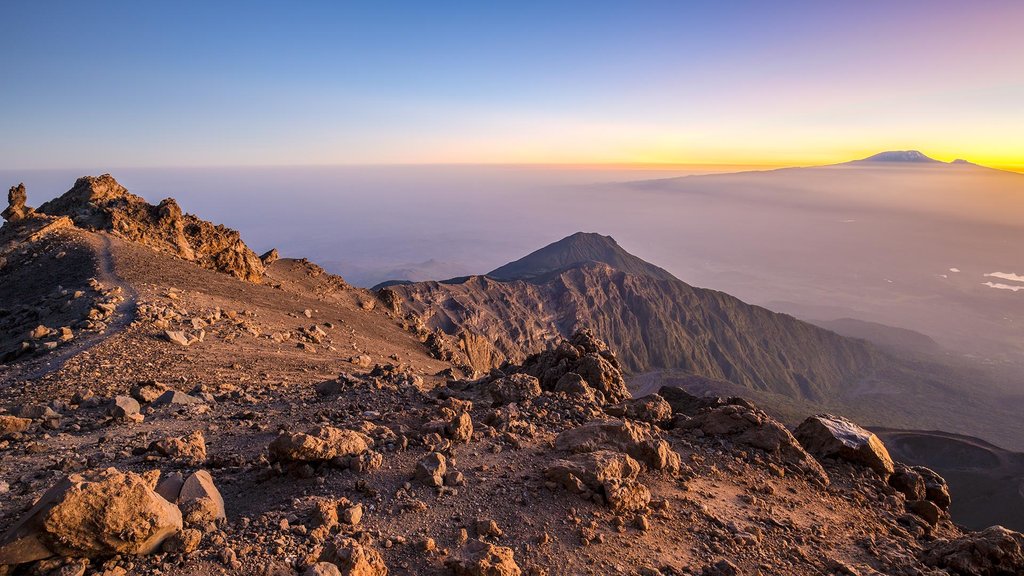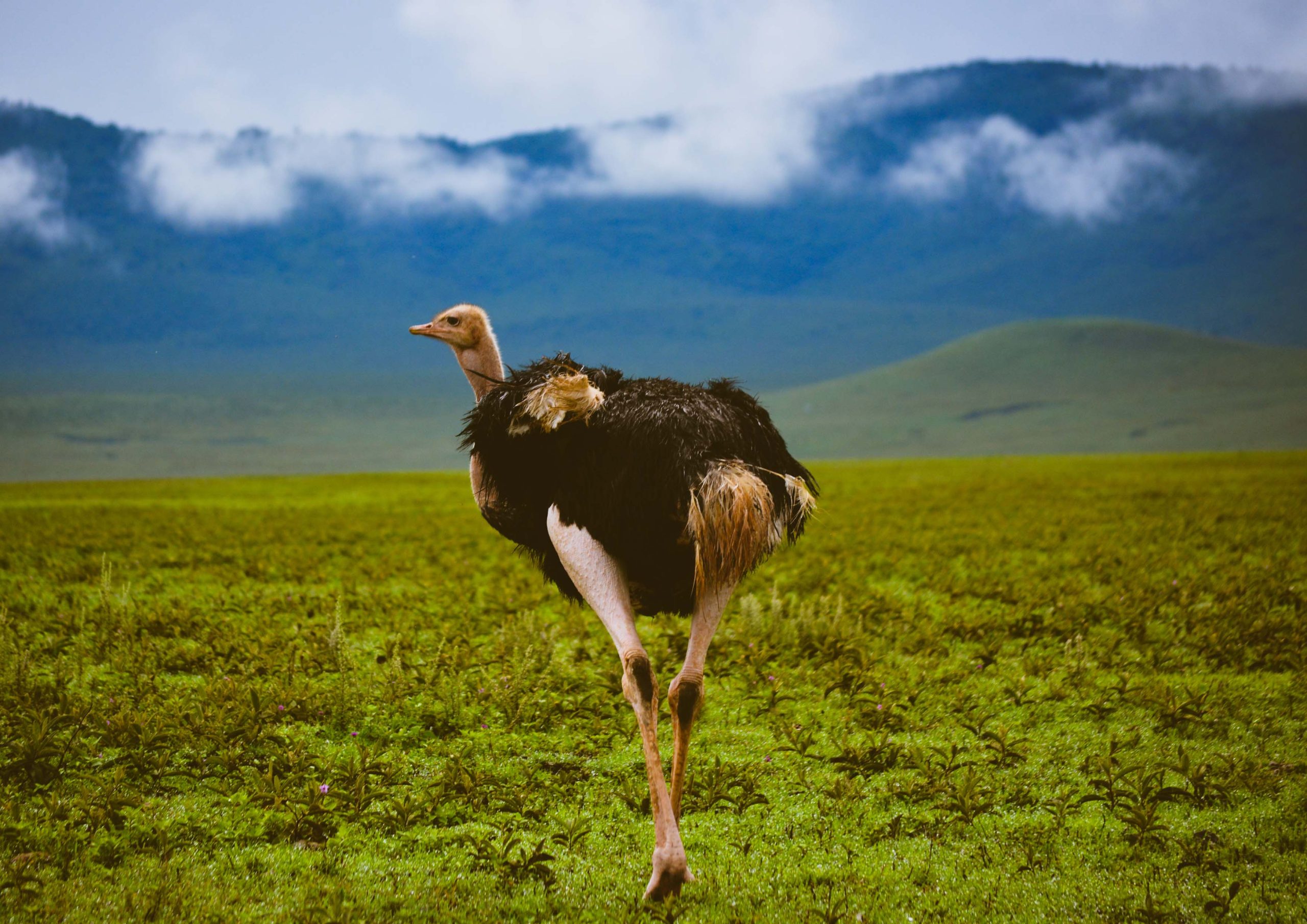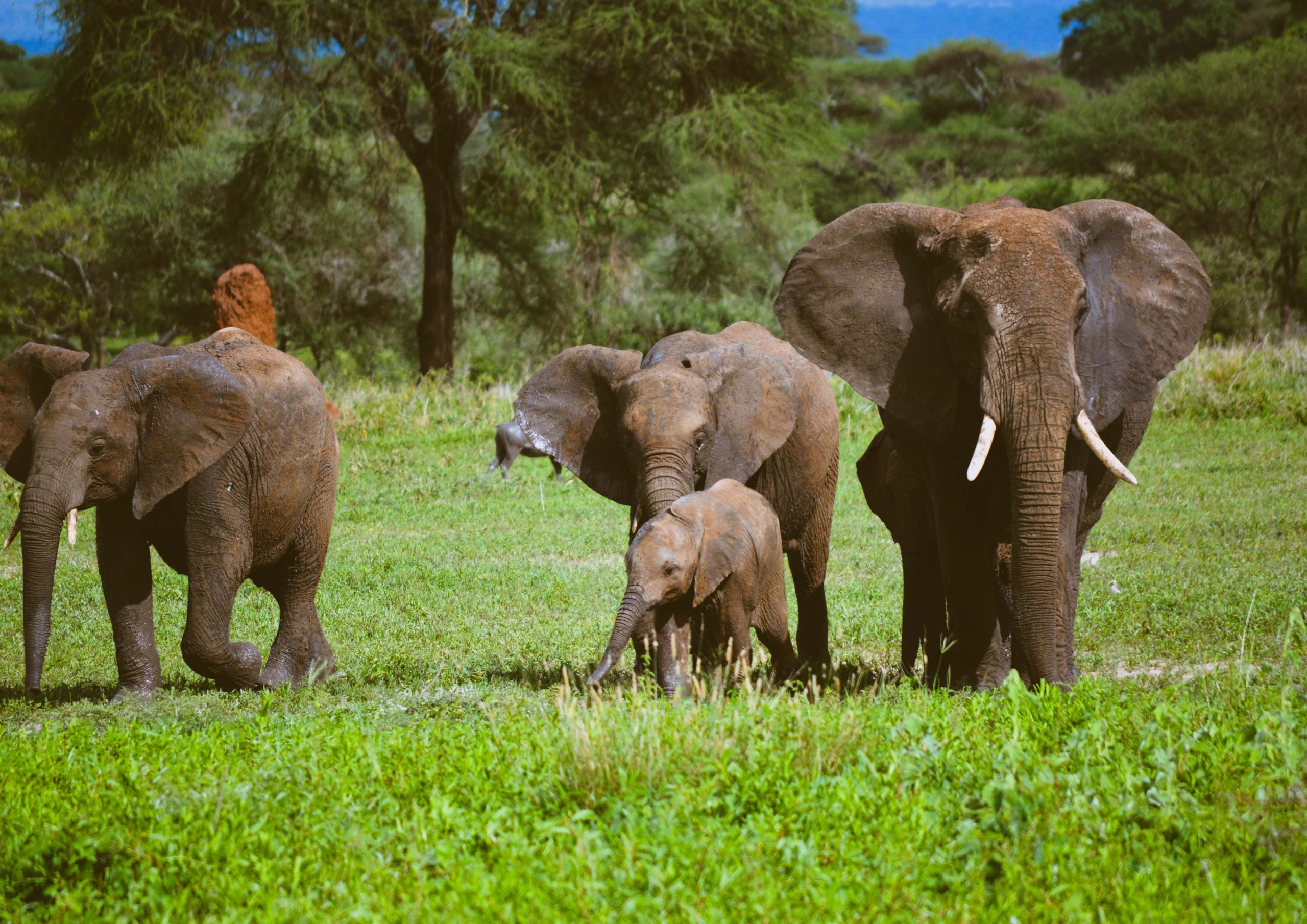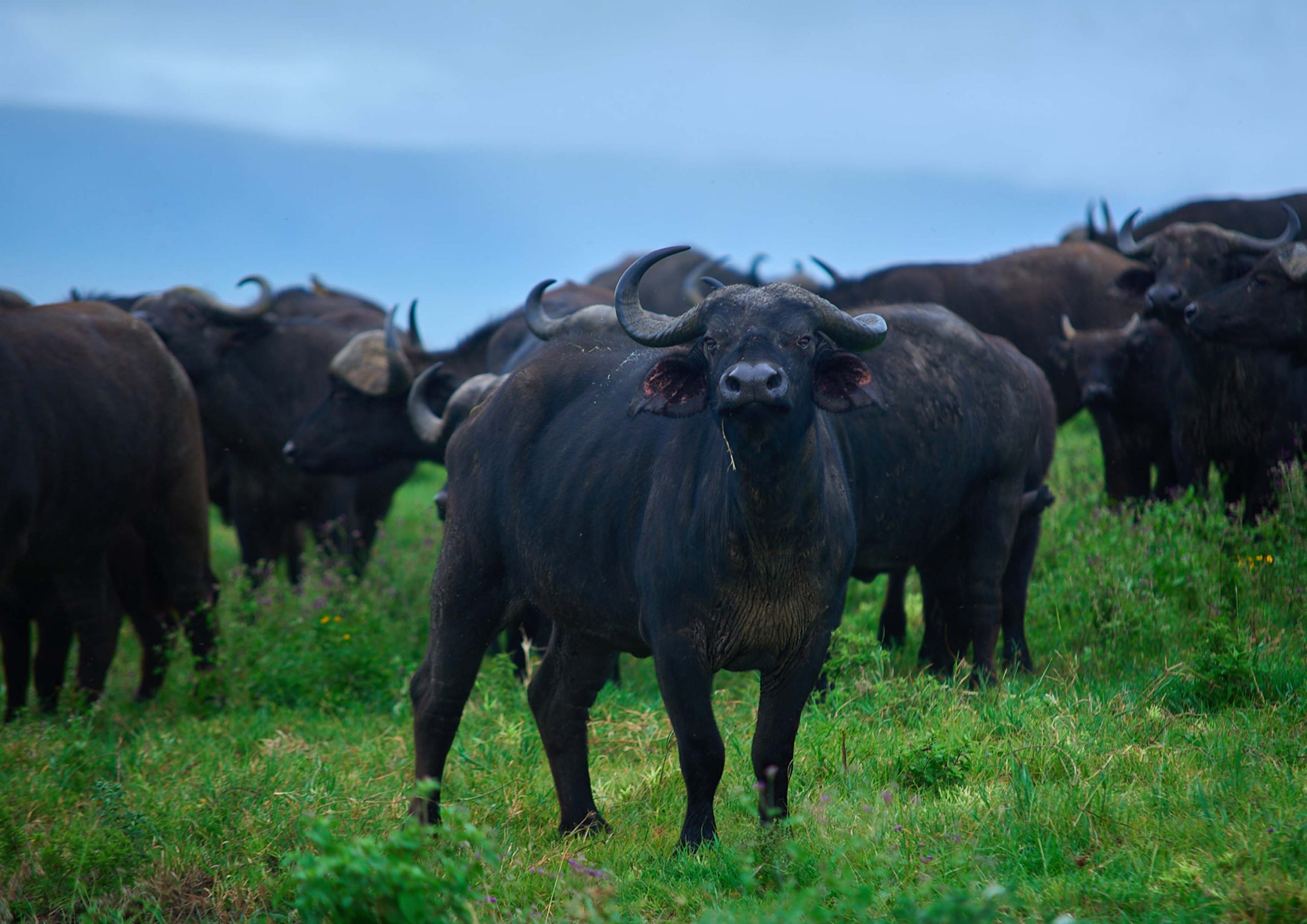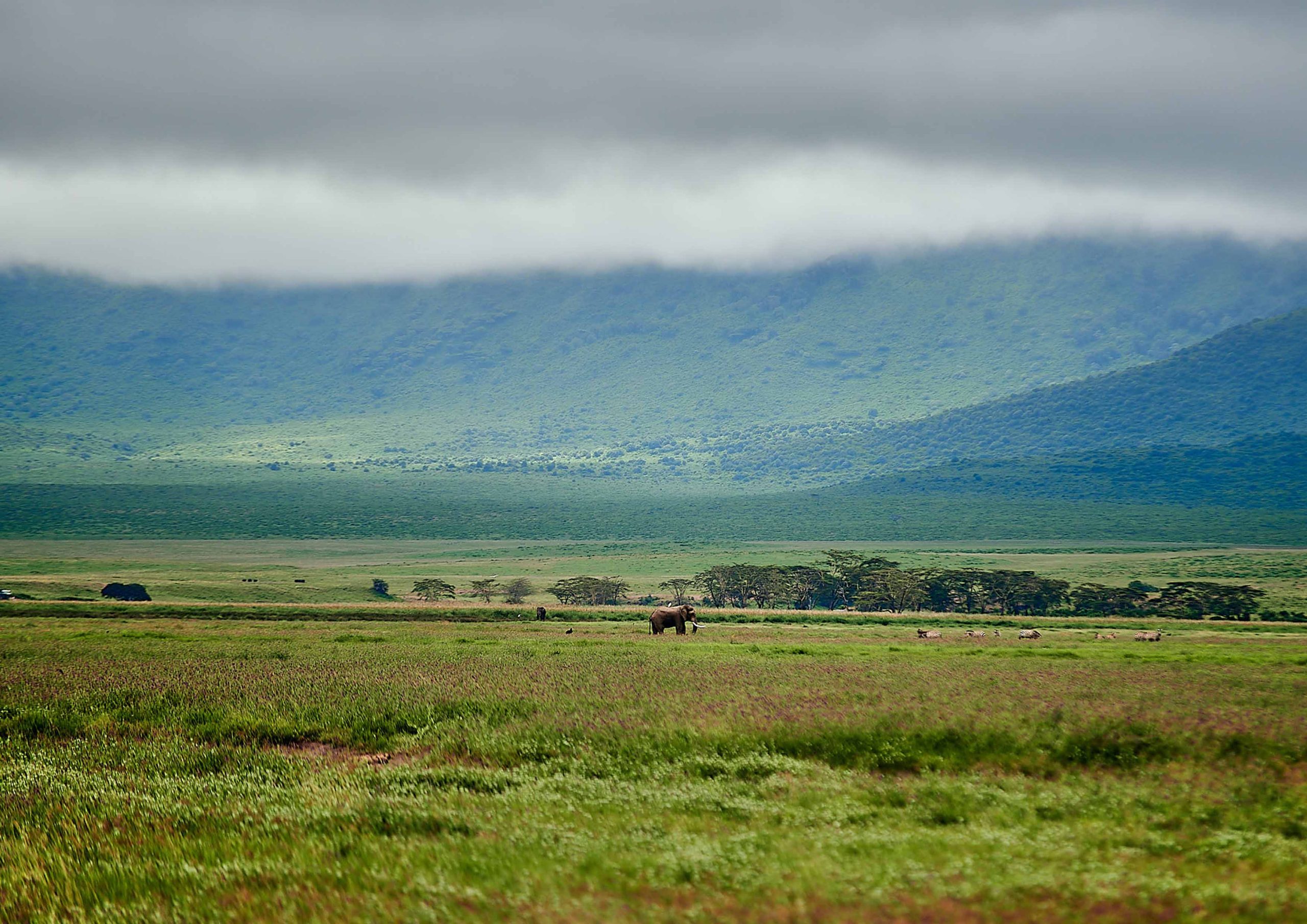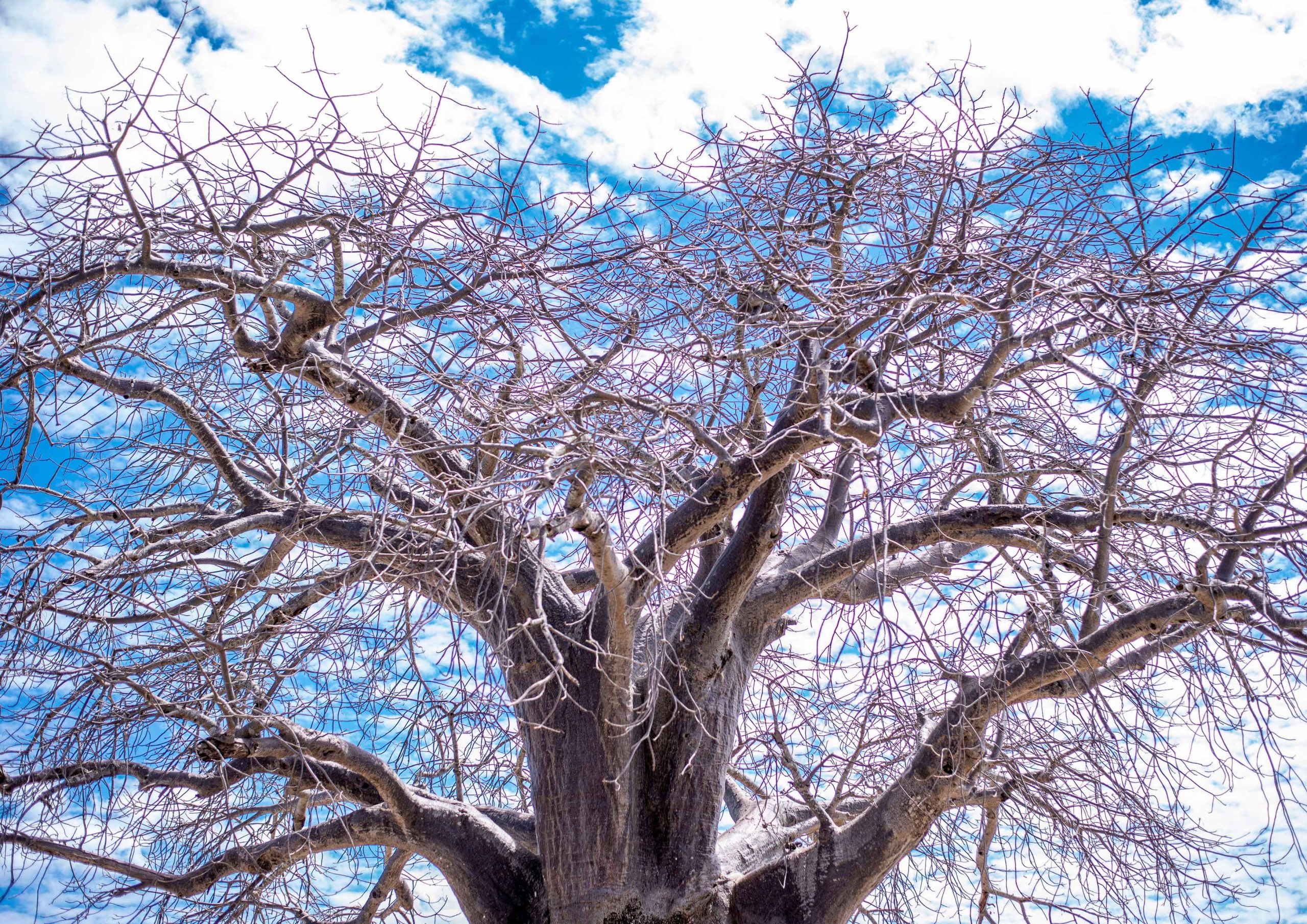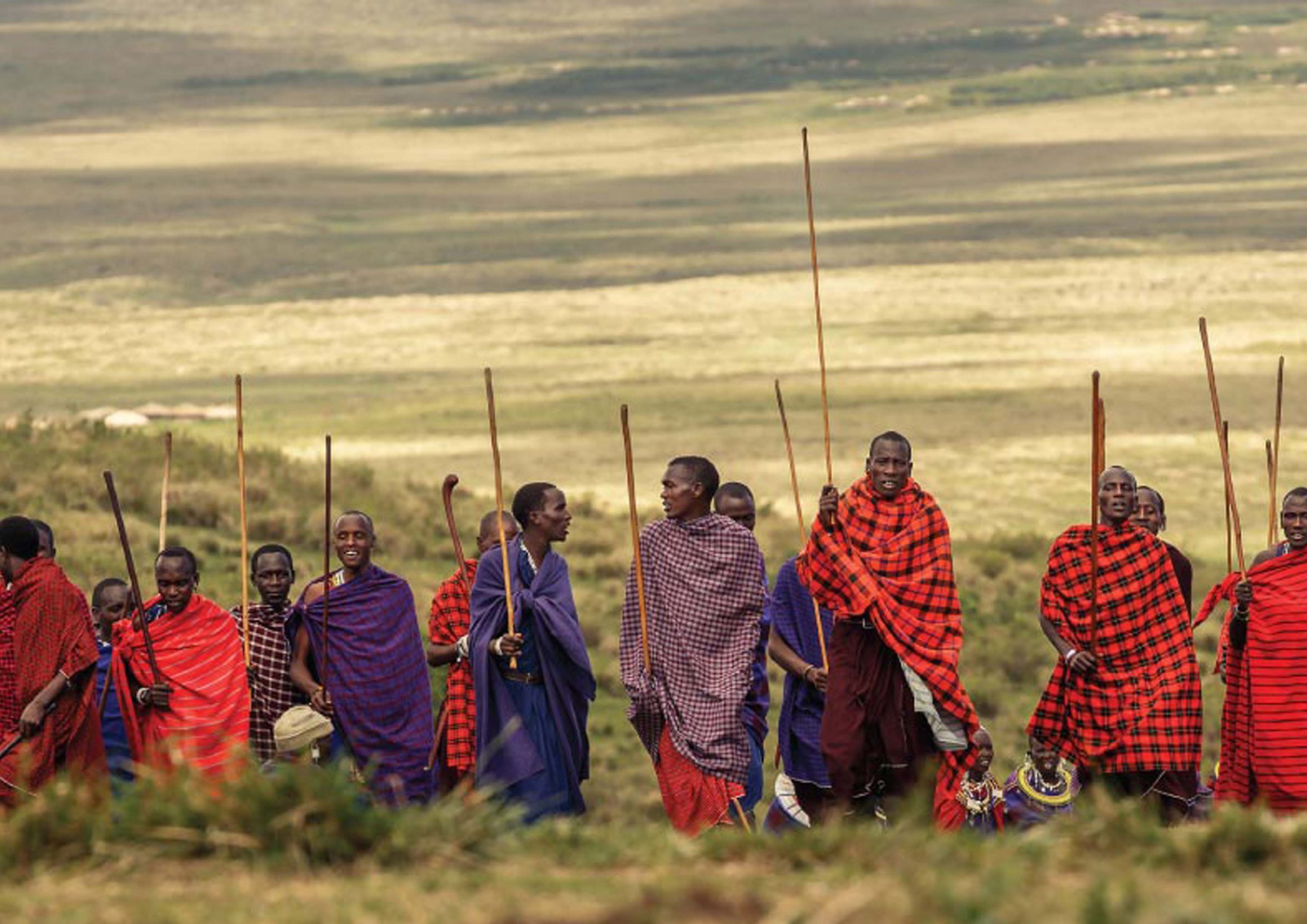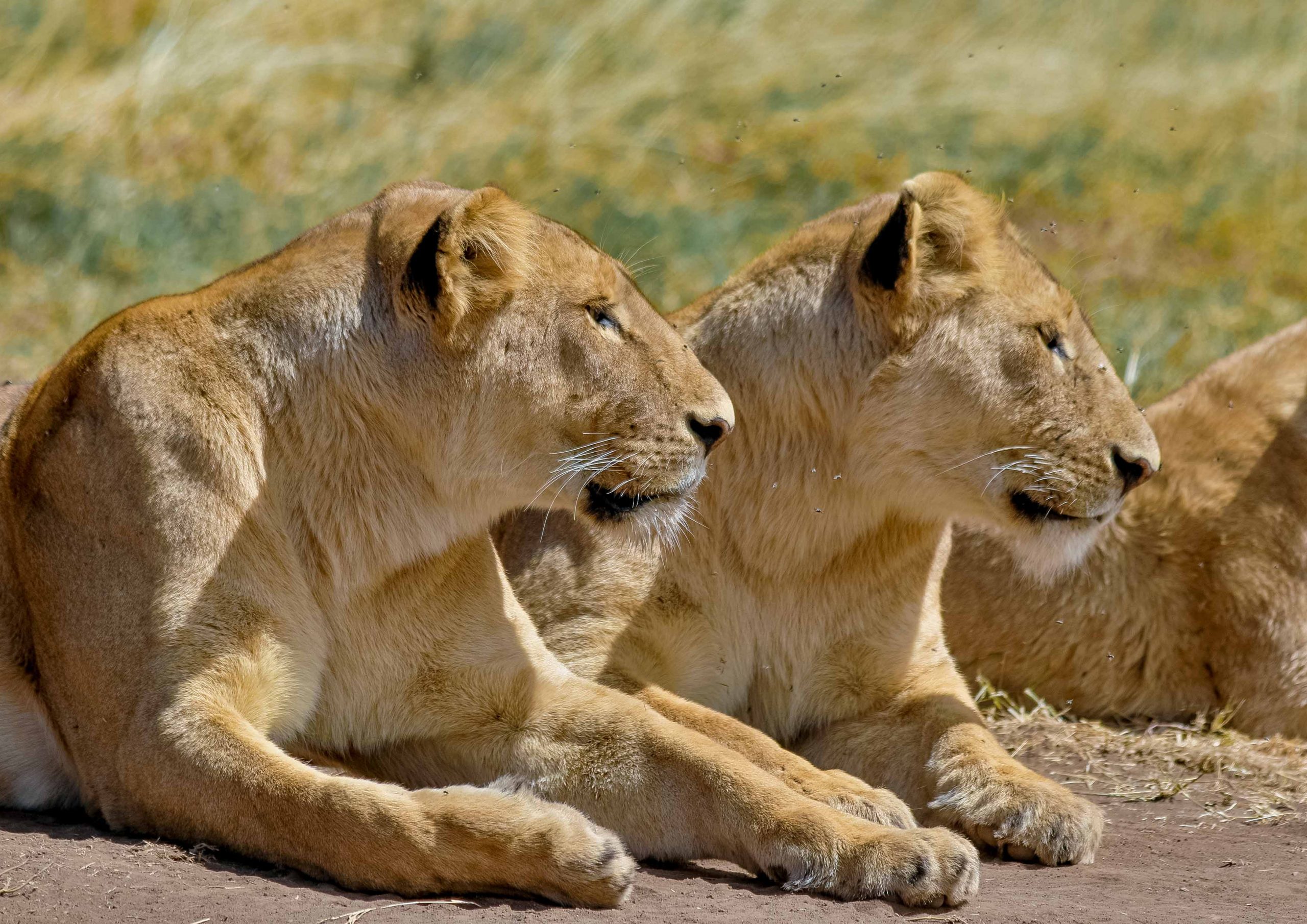LGBTQ-Friendly Travel Guide to Tanzania
LGBTQ travel in Tanzania requires careful consideration due to the country’s legal and social climate. Tanzania, located in East Africa, is known for its rich cultural heritage, stunning landscapes, and iconic wildlife experiences. It attracts tourists from around the globe, drawn by the allure of the Serengeti, Mount Kilimanjaro, and the beaches of Zanzibar. However, it is important for LGBTQ travelers to be aware of the legal and social climate concerning LGBTQ rights in Tanzania before planning their visit.

Legal Context
LGBTQ travel in Tanzania presents significant legal challenges due to the country’s strict anti-LGBTQ laws. Same-sex relationships are illegal, and the Tanzanian Penal Code criminalizes same-sex sexual acts. Sections 154 and 155 classify these acts as “unnatural offenses,” punishable by long prison sentences. Specifically, acts of “carnal knowledge against the order of nature” can result in life imprisonment, while “gross indecency” between males is punishable by up to five years in prison. These laws impact LGBTQ travel in Tanzania by creating legal risks for both residents and visitors.
The laws apply to both men and women, though enforcement and social attitudes predominantly target men. The legal stance on LGBTQ matters has been reinforced by various government statements and actions, reflecting a highly conservative view on sexual orientation and gender identity. Due to these restrictions, LGBTQ travel in Tanzania requires a heightened level of discretion and awareness of the legal framework.
Social Attitudes and Cultural Climate
Tanzania’s societal attitudes towards LGBTQ individuals are deeply rooted in traditional beliefs and cultural norms. The majority of the population adheres to conservative views influenced by religious and cultural values that do not accept non-heteronormative identities or relationships. Public displays of affection between same-sex couples are strongly discouraged, and open discussions about LGBTQ issues can attract negative attention or even legal repercussions. As a result, LGBTQ travel in Tanzania necessitates a cautious approach to interactions and behavior in public spaces.
In recent years, there have been reports of increased crackdowns on LGBTQ communities, including raids on gatherings, arrests, and forced medical examinations. These actions have led to a climate of fear and caution among LGBTQ individuals living in or visiting Tanzania. LGBTQ travel in Tanzania is therefore associated with potential risks that travelers should carefully consider before planning a trip.
Travel Considerations for LGBTQ Individuals
Given the legal and social environment, LGBTQ travel in Tanzania requires careful planning and discretion. It is advisable to avoid public displays of affection and to be mindful of local customs and cultural sensitivities. Being aware of the legal risks and the potential for discrimination can help LGBTQ travelers make informed decisions about their safety and well-being.
Travelers should also consider the following practical tips:
- Research Local Laws and Customs: Understanding the legal landscape and cultural expectations is crucial for any LGBTQ traveler. Familiarizing oneself with the specific laws that could impact the trip is essential for safe LGBTQ travel in Tanzania.
- Stay Informed: Keeping up-to-date with current events and any changes in the legal status or societal attitudes towards LGBTQ individuals in Tanzania is important. Government travel advisories and reputable news sources can provide valuable information to enhance LGBTQ travel in Tanzania.
- Maintain Privacy: Being cautious about sharing personal information related to sexual orientation or gender identity, particularly with strangers or in public settings, is key to ensuring safety during LGBTQ travel in Tanzania.
In Summary
Traveling to Tanzania as an LGBTQ individual requires careful planning and awareness of the country’s legal and social climate. While the country offers a wealth of natural beauty and cultural experiences, the risks associated with its strict anti-LGBTQ laws cannot be ignored. Ensuring personal safety and respecting local customs are paramount for LGBTQ travel in Tanzania to be secure and enjoyable. Understanding the legal implications and societal attitudes will help LGBTQ visitors navigate their travel experience with greater confidence and awareness. By staying informed and cautious, LGBTQ travel in Tanzania can be a rewarding yet mindful adventure.














